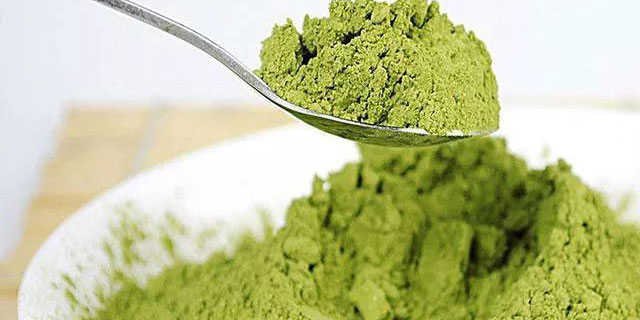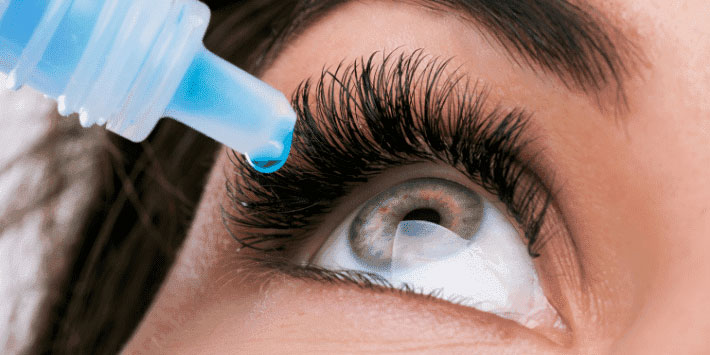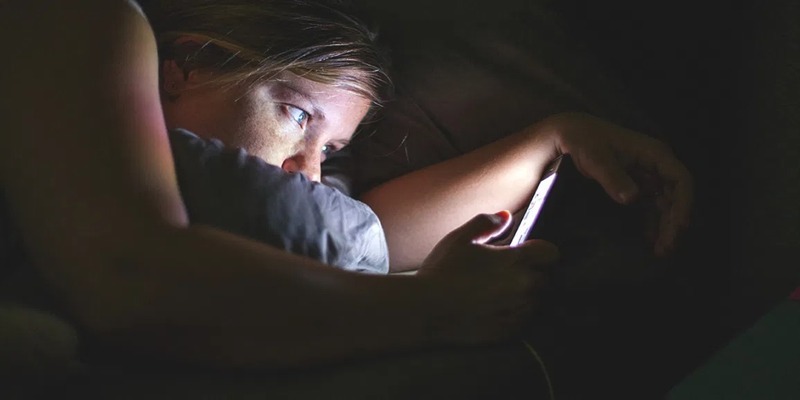
Ways to Naturally Reduce Anxiety
Nov 05, 2022
Advertisement
Everybody experiences at least a little bit of worry from time to time. Not all anxious feelings are negative. Awareness of risk prompts you to take preventative measures while preparation and the ability to assess potential outcomes are boosted.
Still, it's essential to take action before the worry spirals out of control when it becomes a daily occurrence. The quality of your life may suffer if you let the anxiety go untreated. Put the following suggestions to the test and take charge of your situation.
What's Anxiety?
Anxiety occurs as your body normally reacts to pressure. Researchers think several variables, including those of a genetic, environmental, and chemical nature, contribute to this state of mind.
Anxiety often manifests itself in these ways:
- Faster heartbeat
- hyperventilation
- restlessness
- focus issues
One thing to keep in mind is that anxiety can take many forms. While one individual may feel butterflies in their stomach, another may have panic attacks, nightmares, or terrible thoughts. Still, ordinary anxiety is distinct from clinical anxiety.
How Can I Treat My Anxiety?

There is more than one method for dealing with anxiety. Cognitive behavioral therapy (CBT) is a popular alternative since it teaches patients how to deal with anxiety when it strikes. Medications like antidepressants and sedatives can help restore the brain's chemical equilibrium and reduce anxiety episodes. They might prevent even the worst symptoms.
However, there are both small and large things you can do to anxiety if you prefer a more natural approach. Changes can be made in lifestyle factors such as physical activity, sleep, and food.
Natural Ways To Deal With Anxiety
Engage In Physical Activity
Exercising has several benefits, not just for your body but also for your mind. People with anxiety disorders who reported engaging in a great deal of physical exercise had a lower risk of acquiring anxiety symptoms, according to research published in 2013.
There can be a few different explanations for this. As you focus on improving your fitness level, your mind will be drawn away from whatever is stressing you out. Increasing one's heart rate alters brain chemistry in a way that makes room for anxiety-reducing neurochemicals such as:
- serotonin
- gamma-amino butyric acid (GABA)
- brain-derived neurotrophic factor (BDNF)
- endocannabinoids
The American Psychological Association (APA) reports that regular exercise improves focus and self-control, which helps alleviate certain anxiety symptoms.
Do Not Drink Alcohol

Since alcohol is a depressant, it might help ease your nerves temporarily. But studies have shown that those who suffer from anxiety and alcohol use disorder (AUD) are more likely to have negative outcomes from their drinking.
Decreased alcohol consumption has been shown to reduce anxiety and sadness, according to a 2017 assessment of 63 research. Heavy drinking can disrupt the equilibrium of neurotransmitters, which is sometimes important for a healthy state of mind. Anxiety symptoms may develop as a result of the disruption in the system.
Think About Giving Up Smoking
If a smoker is feeling anxious, they may light up. However, taking a puff on a cigarette when you're anxious is a fast cure that may aggravate anxiety over time, much like drinking alcohol.
The chance of acquiring an anxiety disorder increases with the number of years from the time of first smoking. In addition, studies have shown that the compounds in cigarettes, such as nicotine, can change the brain circuits responsible for anxiety.
There are several places to start if you want to give up a bad habit. The CDC advocates choosing a safe alternative to cigarettes, such as toothpicks.
Reduce Caffeine
Caffeine is not helpful if you suffer from persistent anxiety. Anxious people should avoid caffeine, which may make them feel jittery and uneasy. Recent studies have linked caffeine use to the development of or an exacerbation of anxiety disorders.
People with panic disorder may also be more susceptible to experiencing panic episodes if consumed. Some people find that their anxiety symptoms diminish if they give up coffee. Caffeine's potential to affect brain chemistry similarly to alcohol has led many to believe that the two are inextricably connected.
A 2008 research showed, for instance, that caffeine stimulates adrenaline production and blocks the fatigue-inducing brain chemical adenosine.
Prioritize Sleep
Timeously, science has shown that getting enough shut-eye is crucial to maintaining a healthy mind. The Centers for Disease Control and Prevention (CDC) advises that individuals receive 7 to 9 hours of sleep per night, but a 2012 poll indicated that nearly a third of adults get fewer than 6 hours of sleep per night. If you want to prioritize sleep, you can:
- going to bed only when you're truly exhausted
- not doing bedtime activities like reading or watching TV
- putting down the phone, tablet, and laptop before heading to bed
- staying in bed instead of trying to sleep in another place
Advertisement





